
 PA Media
PA Media
Sir Keir Starmer has set out his 10-year-plan to reform the NHS in England, based on a shift from hospitals to neighbourhood health hubs, a new focus on prevention and better use of technology.
He said the government's 162-page blueprint might be the last chance to put the health service "back on its feet".
Here is what the plan could mean in practice.
Care on the doorstep
The government is promising to set up around 50 new neighbourhood health centres by the end of this parliament and up to 300 by 2035.
The idea is to shift work out of overcrowded hospitals and into local hubs staffed by a mix of GPs, nurses, pharmacists, mental health specialists and other medics.
After an operation, for example, you might be sent to a local health centre for a check-up rather than back to hospital for an outpatient's appointment.
The new centres should eventually be open 12 hours a day, six days a week, the government has said.
This is not a new idea. It's been talked about for years as a way of relieving pressure on the NHS and cutting waiting lists.
There are still questions about the funding of the new network, where the staff will come from, and how long it will take to roll out.
Obesity 'moonshot'

 Getty Images
Getty Images
The plans include what the government is calling an "ambitious moonshot", aiming to "end the obesity epidemic".
There will be "digital NHS points" for people who improve their diet or meet exercise goals.
It's modelled on a Singapore scheme where citizens who walk more, buy healthier foods or go to health screenings can earn points to exchange for e-vouchers to use in supermarkets and restaurants.
Athletics elder statesman, Sir Brendan Foster, will spearhead a campaign to get millions walking or running regularly.
Access to NHS weight loss services and treatments, including medications such as Wegovy and Mounjaro, will be expanded.
But planned legislation to ban some supermarket promotions of unhealthy food, including buy-one-get-one-free offers, might be dropped in favour of "smarter regulation, focused on outcomes".
New alcohol warnings
Expect to see new mandatory warning labels on cans and bottles of alcohol before the next election.
The government says this has worked in countries like South Korea to "help consumers make more informed, healthier choices".
There will also be a consultation on rule changes to allow very low alcohol drinks, up to 0.5% ABV, to be sold as "alcohol free".
At the same time it will "explore options" to ban the sale of zero alcohol products to children.
This hasn't impressed the Institute of Alcohol Studies which describes the plan as "frankly embarrassing".
It is calling for a minimum price for alcohol to be imposed in England, as is already the case in Scotland and Wales.

 Getty Images
Getty Images
Dental deserts
There's a fresh push to increase access to dental care, a subject always near the top of public concern about the NHS.
Dental therapists, who tend to carry out some of the more straightforward work of dentists, will be asked to perform more check-ups, treatments and referrals.
And newly-qualified dentists may soon have to work in the health service for three years before they can move into private practice.
That has angered the British Dental Association which said the "overwhelming majority" of young dentists do this anyway, and the policy "won't stop a single experienced dentist walking out from the NHS in despair".
Longer term, the government promises the NHS dentists' contract, blamed for an acute shortage of staff in many areas, will be reformed.

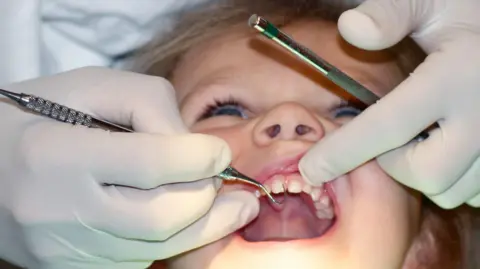 Getty Images
Getty Images
Mental health A&E
An extra £120m over five years is promised to develop dedicated mental health A&E departments.
In total, 85 will be set up across England providing walk-in access or help for people brought in by ambulance or the police.
People with mild or moderate needs may be able to access online virtual therapists.
There will also be more money for mental health support in schools and a drive to recruit another 8,500 mental health staff over the next decade to reduce long waits for care.
The plan was described as "bold" by the Royal College of Paediatrics and Child Health although it warned success will depend on sustained investment in the workforce.
A 'doctor in your pocket'
More use will be made of the NHS app to book appointments, order prescriptions and refer patients to local charities and businesses that can offer health support.
Starmer said it would be like having a "doctor in your pocket providing advice 24 hours a day, seven days a week".
Your full health record should be available on the app, along with the "red book", which contains a child's health data, including any vaccines they have been given.
It should mean doctors can quickly look up a patient's history online rather than having to start from scratch with a new consultation, or ask for records to be emailed to them.
There are concerns people who might not have access to the app or a smartphone, such as the elderly, could be excluded.

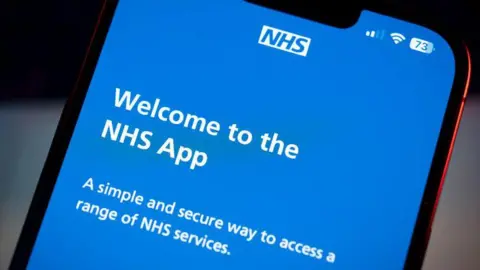 Getty Images
Getty Images
What about social care?
The 10-year plan is squarely focused on the NHS and public health and does not directly address the future of the social care sector.
The Care Workers' Charity called that "deeply concerning" and opposition MPs warned: "You can't fix the NHS without fixing social care."
The government has asked Baroness Louise Casey to chair an independent commission on adult social care reform, but that will not start to report back until 2026.
Speaking in the Commons this afternoon, Health Secretary Wes Streeting said the government had committed to an extra £4bn of social care funding in the spending review, and would shortly be setting out how it would deliver a fair pay agreement for the care workforce.

 German (DE)
German (DE)  English (US)
English (US)  Spanish (ES)
Spanish (ES)  French (FR)
French (FR)  Hindi (IN)
Hindi (IN)  Italian (IT)
Italian (IT)  Russian (RU)
Russian (RU)  23 hours ago
23 hours ago
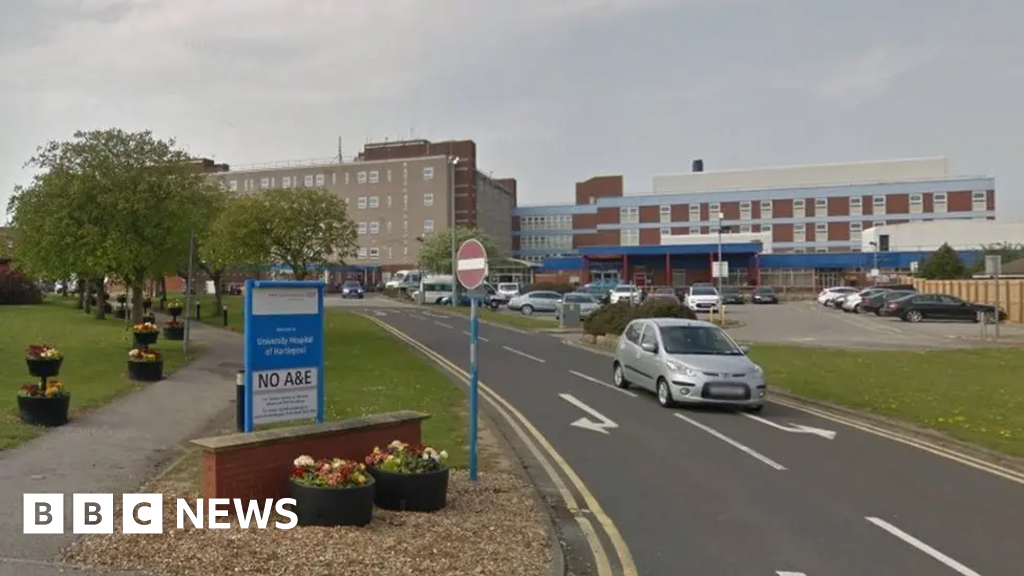

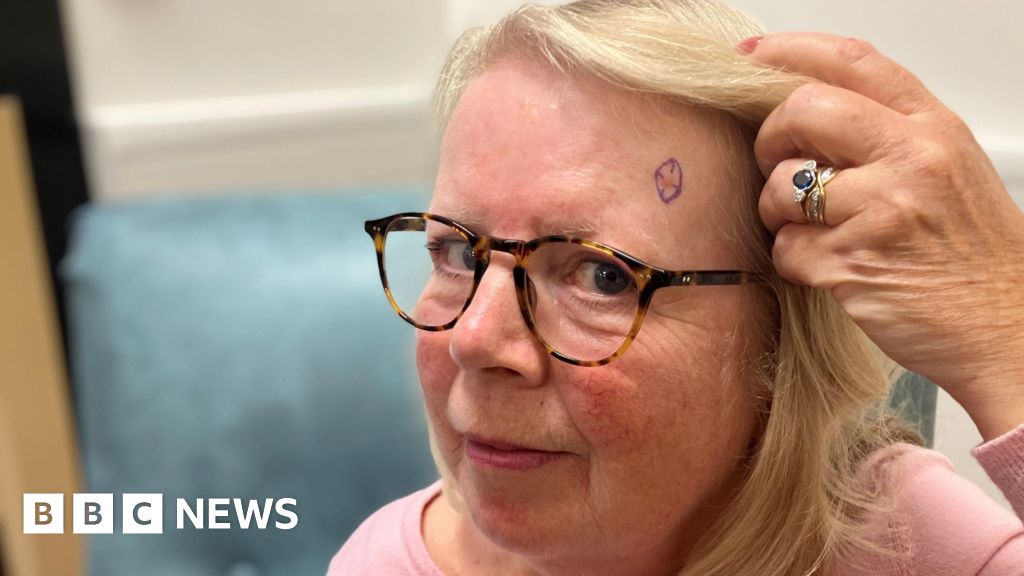
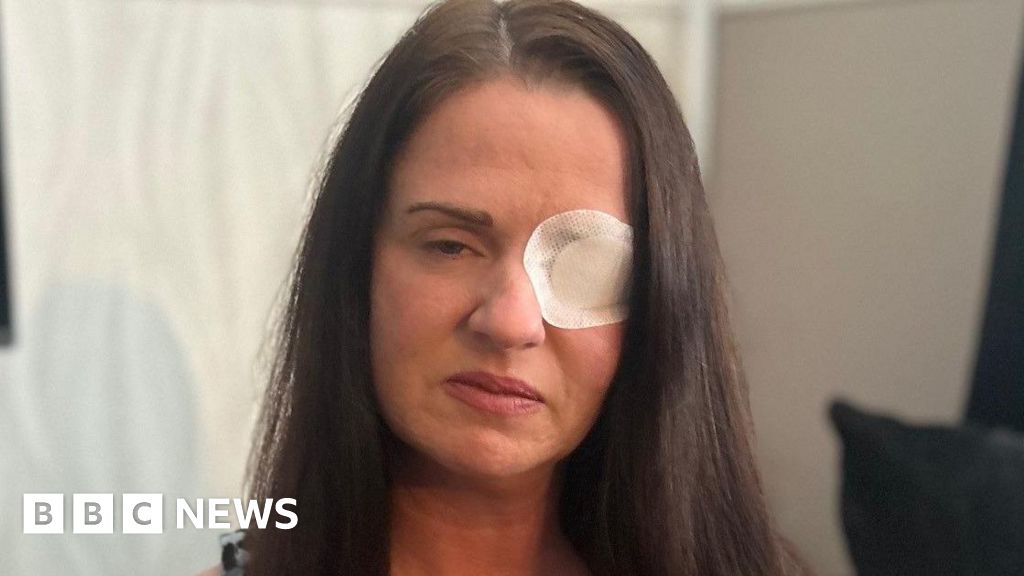
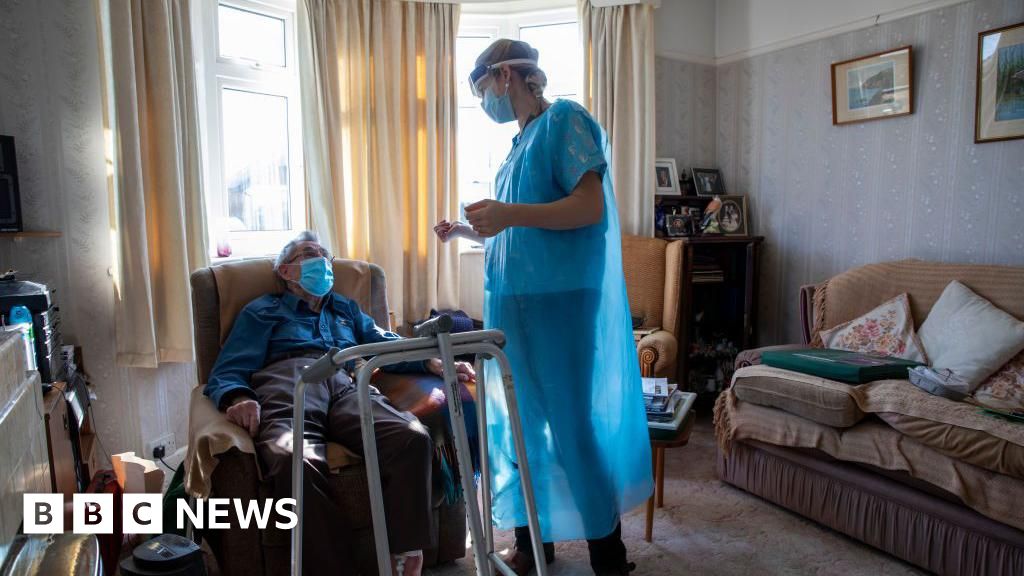
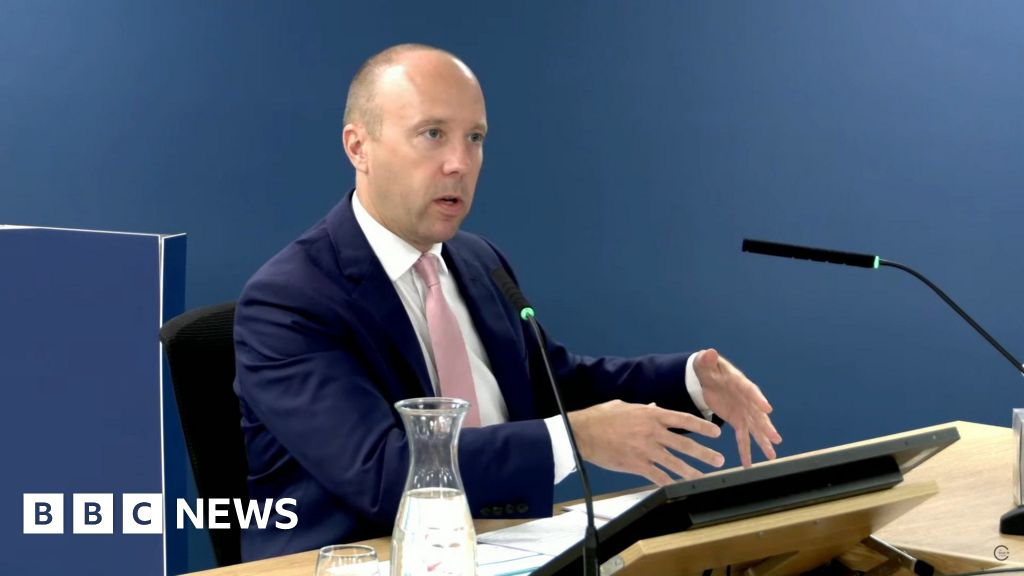
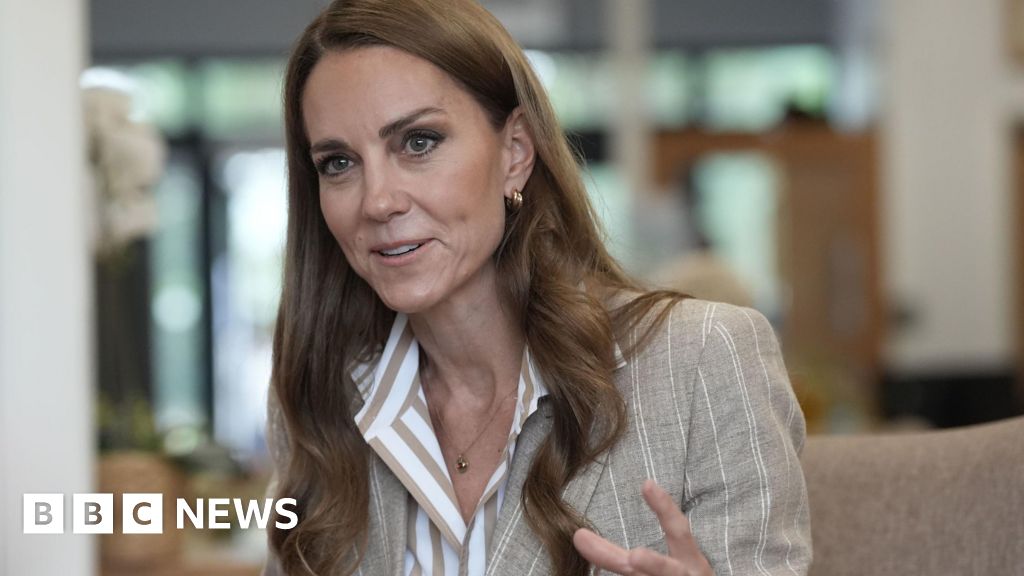



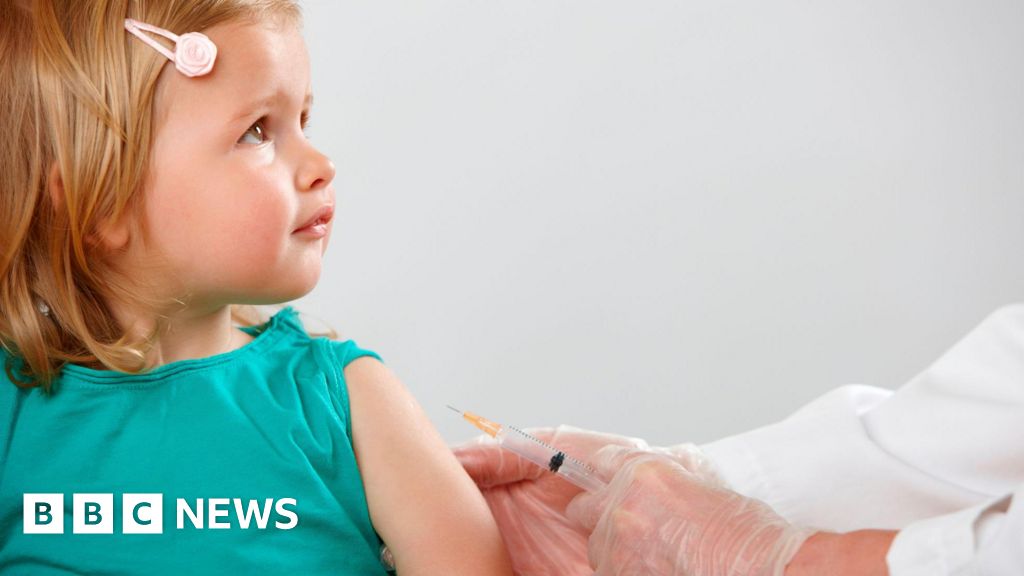
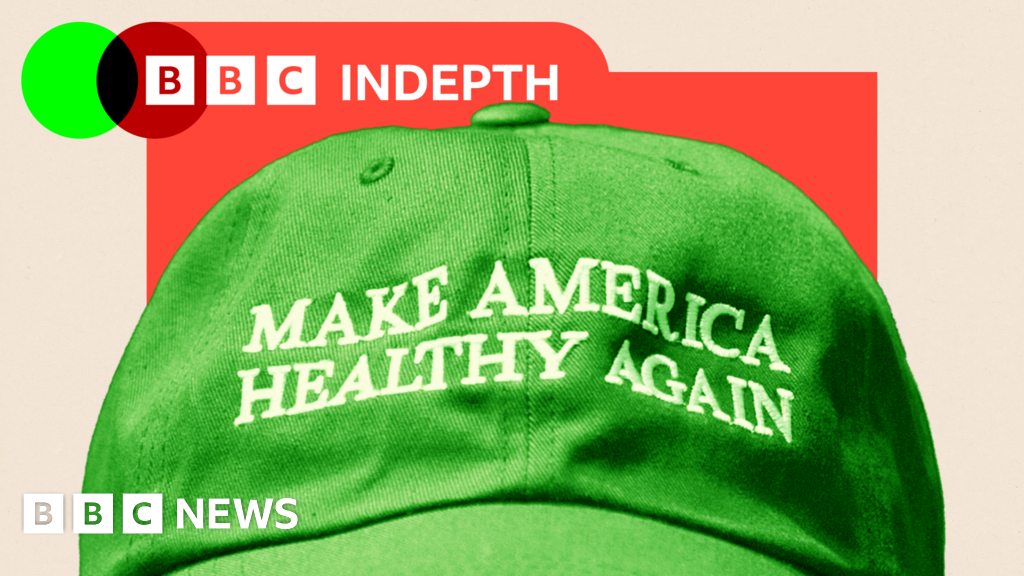












Comments